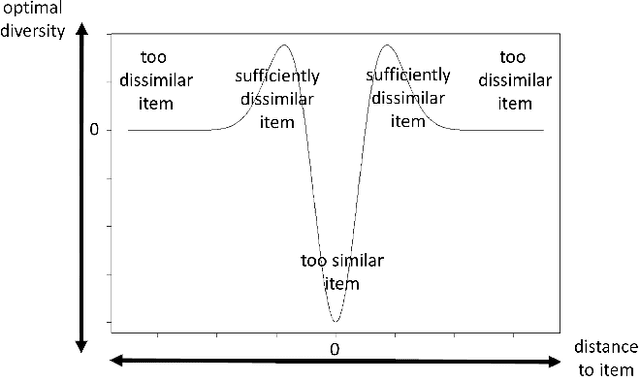Fabrice Muhlenbach
A Methodology for Ethics-by-Design AI Systems: Dealing with Human Value Conflicts
Oct 15, 2020



Abstract:The introduction of artificial intelligence into activities traditionally carried out by human beings produces brutal changes. This is not without consequences for human values. This paper is about designing and implementing models of ethical behaviors in AI-based systems, and more specifically it presents a methodology for designing systems that take ethical aspects into account at an early stage while finding an innovative solution to prevent human values from being affected. Two case studies where AI-based innovations complement economic and social proposals with this methodology are presented: one in the field of culture and operated by a private company, the other in the field of scientific research and supported by a state organization.
Predicting Court Decisions for Alimony: Avoiding Extra-legal Factors in Decision made by Judges and Not Understandable AI Models
Jul 09, 2020



Abstract:The advent of machine learning techniques has made it possible to obtain predictive systems that have overturned traditional legal practices. However, rather than leading to systems seeking to replace humans, the search for the determinants in a court decision makes it possible to give a better understanding of the decision mechanisms carried out by the judge. By using a large amount of court decisions in matters of divorce produced by French jurisdictions and by looking at the variables that allow to allocate an alimony or not, and to define its amount, we seek to identify if there may be extra-legal factors in the decisions taken by the judges. From this perspective, we present an explainable AI model designed in this purpose by combining a classification with random forest and a regression model, as a complementary tool to existing decision-making scales or guidelines created by practitioners.
Metadata Enrichment of Multi-Disciplinary Digital Library: A Semantic-based Approach
Jun 21, 2018


Abstract:In the scientific digital libraries, some papers from different research communities can be described by community-dependent keywords even if they share a semantically similar topic. Articles that are not tagged with enough keyword variations are poorly indexed in any information retrieval system which limits potentially fruitful exchanges between scientific disciplines. In this paper, we introduce a novel experimentally designed pipeline for multi-label semantic-based tagging developed for open-access metadata digital libraries. The approach starts by learning from a standard scientific categorization and a sample of topic tagged articles to find semantically relevant articles and enrich its metadata accordingly. Our proposed pipeline aims to enable researchers reaching articles from various disciplines that tend to use different terminologies. It allows retrieving semantically relevant articles given a limited known variation of search terms. In addition to achieving an accuracy that is higher than an expanded query based method using a topic synonym set extracted from a semantic network, our experiments also show a higher computational scalability versus other comparable techniques. We created a new benchmark extracted from the open-access metadata of a scientific digital library and published it along with the experiment code to allow further research in the topic.
 Add to Chrome
Add to Chrome Add to Firefox
Add to Firefox Add to Edge
Add to Edge